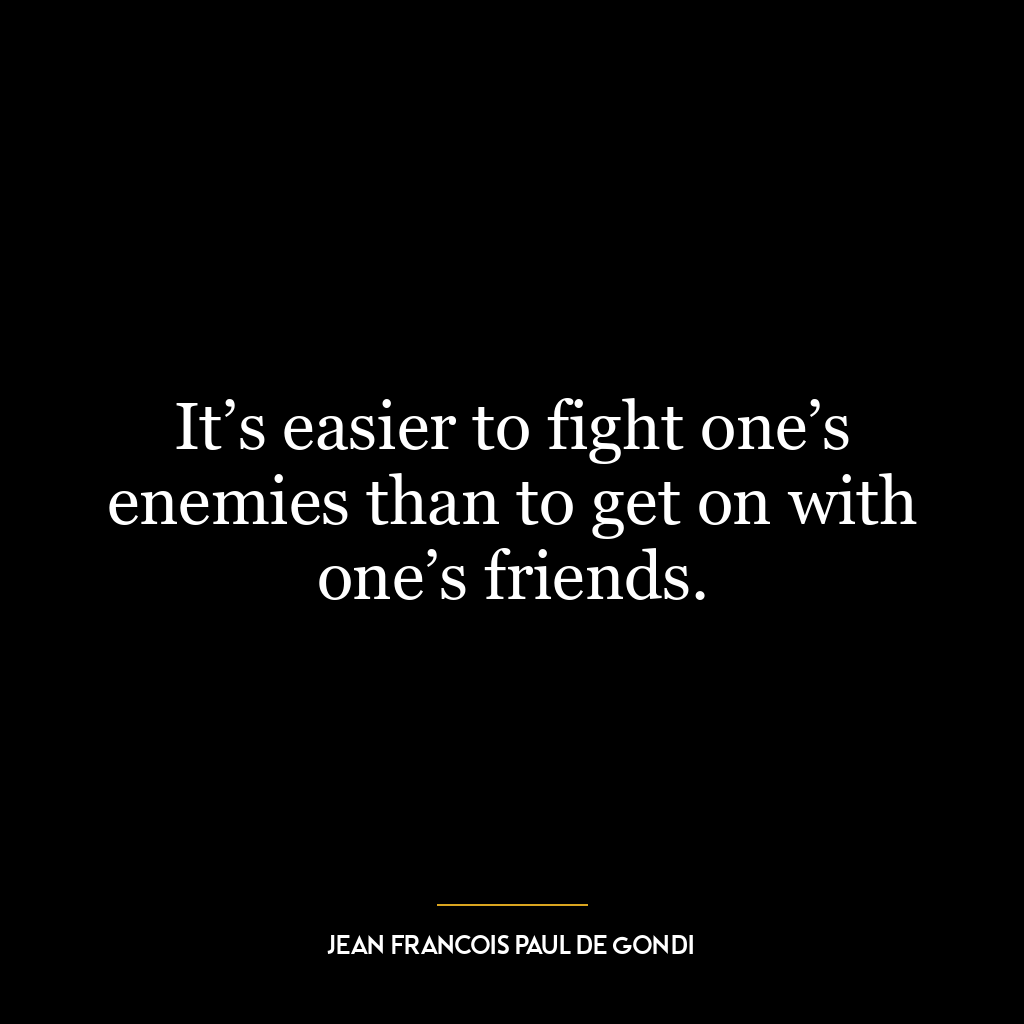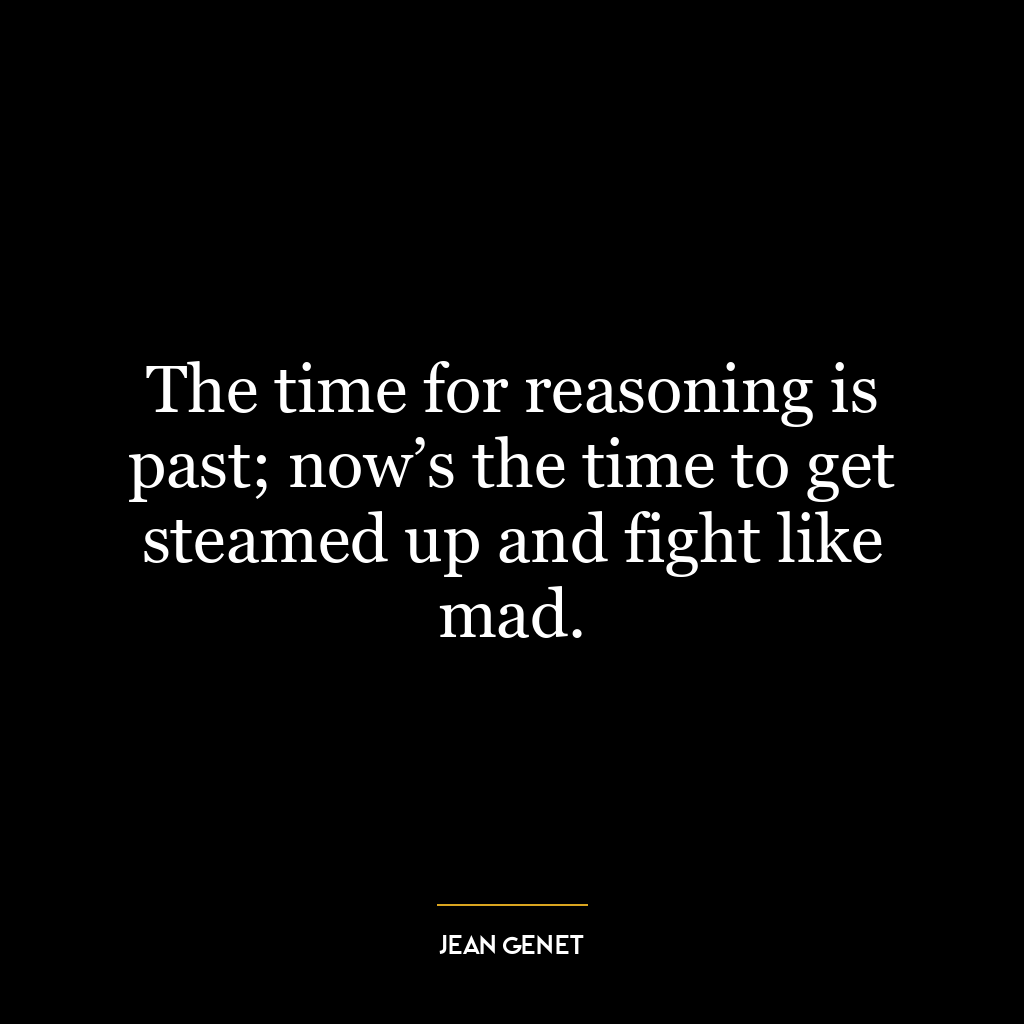This quote emphasizes the responsibility of a person who believes in ahimsa, or non-violence, to actively work towards ending conflict, especially one as serious and destructive as war between two nations. Ahimsa is a principle that advocates for harmlessness and respect for all forms of life. It’s not just about avoiding violent actions, but also violent thoughts or words. Therefore, if two nations are at war, a true follower of ahimsa should strive to bring peace.
The idea behind this quote is that non-violence isn’t passive; it requires active participation in peace-building efforts. It’s not enough to simply abstain from violence personally; one must also work towards eliminating violence on a larger scale.
Applying this idea in today’s world can take many forms. On an international level, it could mean advocating for diplomatic solutions over military ones and supporting organizations that aim to resolve conflicts peacefully. On an individual level, it might mean mediating disputes within your own community or even within your own family.
In terms of personal development, embracing the principle of ahimsa could involve cultivating empathy and understanding towards others so as not to cause them harm with our words or actions. This could be done by practicing active listening skills or learning about different cultures and perspectives.
Furthermore, we can interpret this quote as suggesting that we need to challenge systems and structures that perpetuate violence rather than simply avoiding personal involvement in violent acts. This could involve working towards social justice issues such as inequality and discrimination which often serve as root causes for conflict.
So while the concept originated from Eastern philosophies like Buddhism and Jainism (and was championed by figures like Gandhi), its essence – promoting peace through active non-violence – is universally applicable across different contexts whether interpersonal relationships or global politics.








